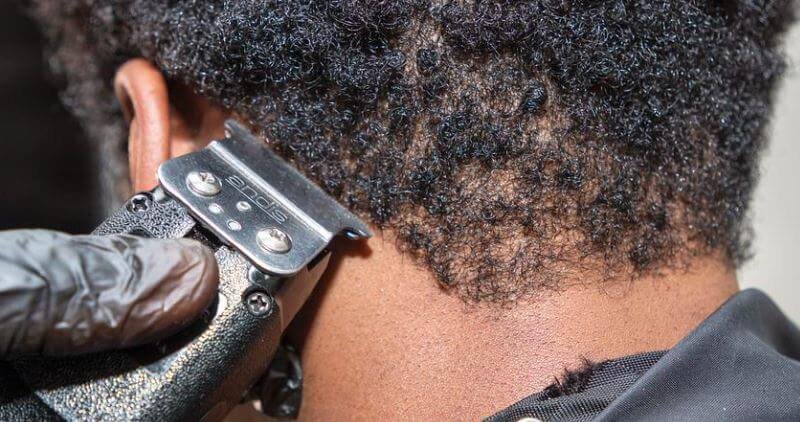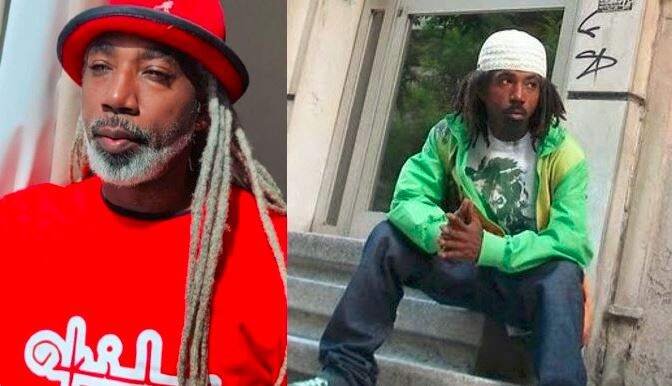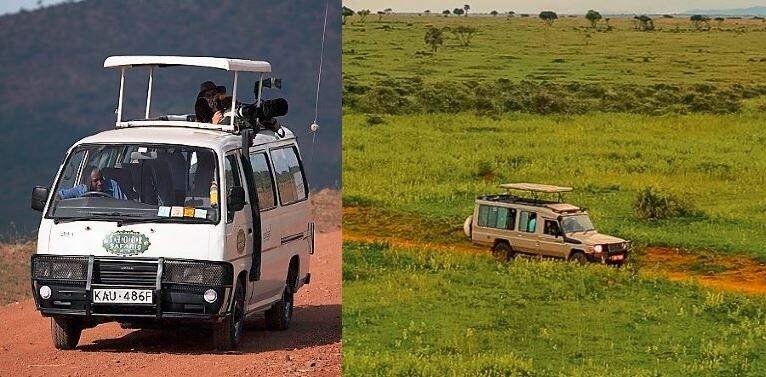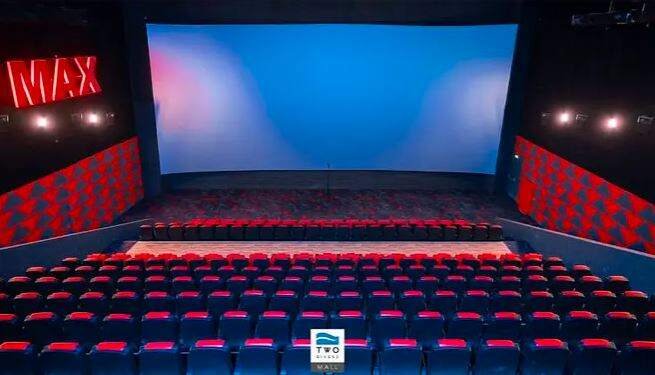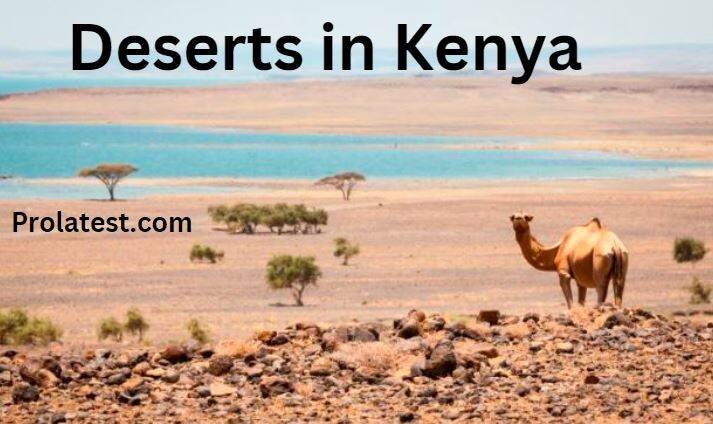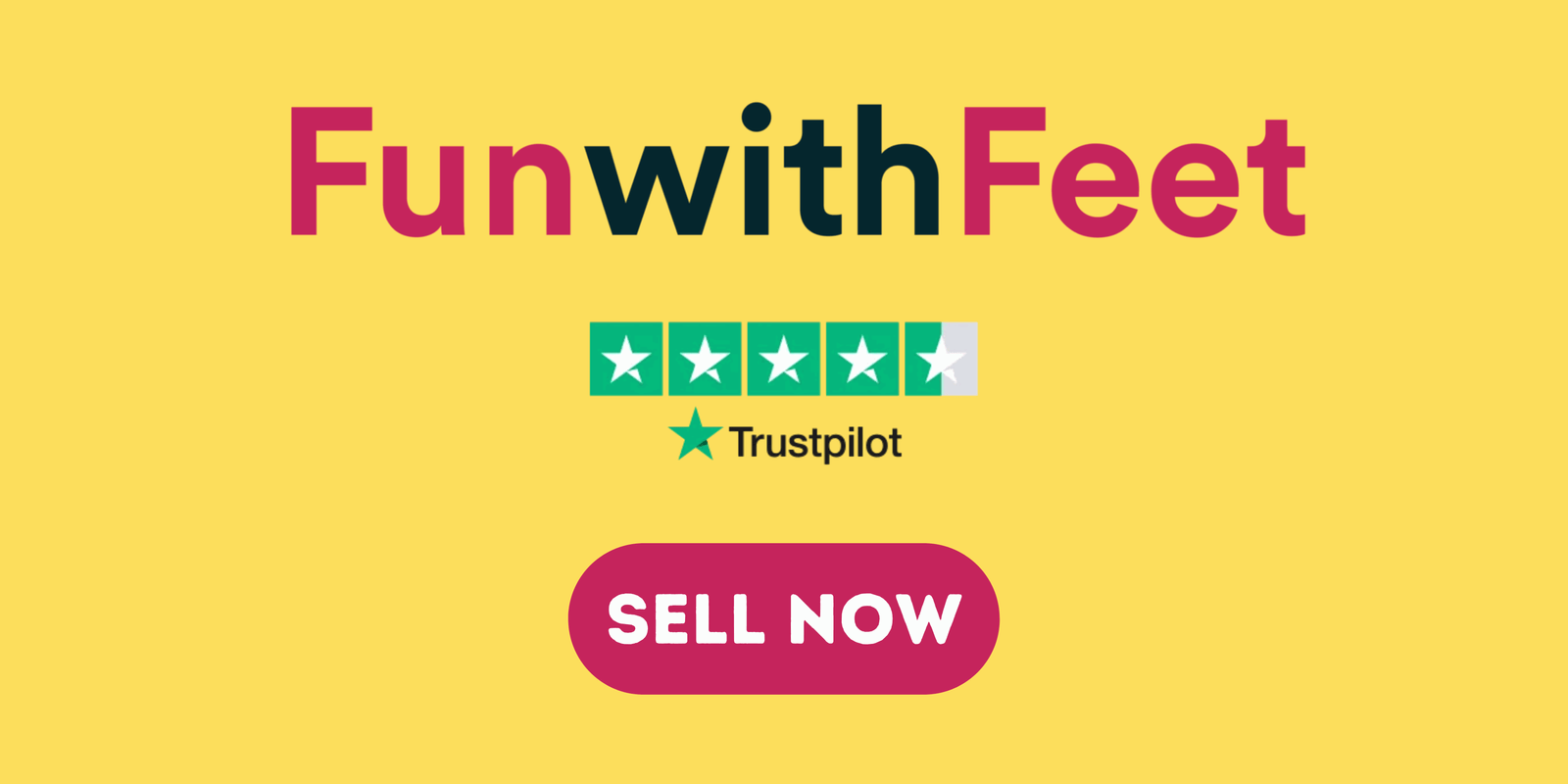A barbershop (commonly known as Kinyozi) is a good example of profitable businesses in Kenya because people will always need haircuts, and hair will never stop growing. The best thing about a barbershop is that it can be done in any part of the country though it tends to do better in big cities due to the large population in those towns. Today, you’ll know how to start a barbershop business in Kenya.
Besides, you can still have your barbershop in a rural area, provided you locate it in a busy market to attract many clients.
Kinyozi is not seasonal. Business flows throughout the year. If you have always wanted to start your own business, you should consider setting up a barbering business. It will be a great decision, but you will be able to maintain the business and grow it.
Here are a few steps to guide you on how to start a barbershop business in Kenya.
1. Learn How to Barb
Before opening a barbershop, it’s essential to learn the barbering skills first. Barbering is an art, and if customers like your work, they will keep coming back, but if you give them an ugly haircut, you will push them away forever. You also need to learn various haircut styles.
You can enroll in a short barbering course. Ensure you have perfected your skills. No one wants to get a haircut from a learner and end up with a funny look. Your business’s success will be determined by how well you’ve honed your skills.
However, if you are not interested in becoming a barber or, you are busy with your current occupation, you can always hire a skilled barber.
2. Get a Barbershop Business Plan
You need to develop a good barbershop business plan that will help you identify business requirements, business location, and startup cost. It will help you to plan for the unknowns and how to compete with your competitors.
Write down your business objectives and the services you will be offering in your barbershop. Make sure you identify all the services that are in demand in your area before setting up a barbershop. There is no reason to provide services that aren’t in high demand.
If you want a professional business plan for any business, contact us. We are experts in writing business plans.
Find Out: Crucial Tips for First Time Concert Goers in Kenya
3. Find an Ideal Business Location
Find an appropriate business location that is easy to access and locate. Since most first-time clients will be walk-ins, selecting a strategic business location will help to maximize the available foot traffic.
A barbershop can thrive well in a town or market center with a large population. Make sure it’s visible, and the room is large enough for people to sit while waiting for their turn to have a haircut.
Be aware that some of the top places may need you to pay a goodwill fee. The average rent in urban areas is from Ksh. 5,000 to Ksh. 15,000 per month. In remote locations, a similar unit could cost between ksh. 1,000 and ksh. 5,000. Premium rents of over ksh. 80 per square foot are paid on high-end streets. Be aware that some landlords need a deposit before you may move in.
So if you are moving into a ksh. 10,000 per month premises, you should have a rent budget of ksh. 20, 000.
4. Fit Out Your Barbershop
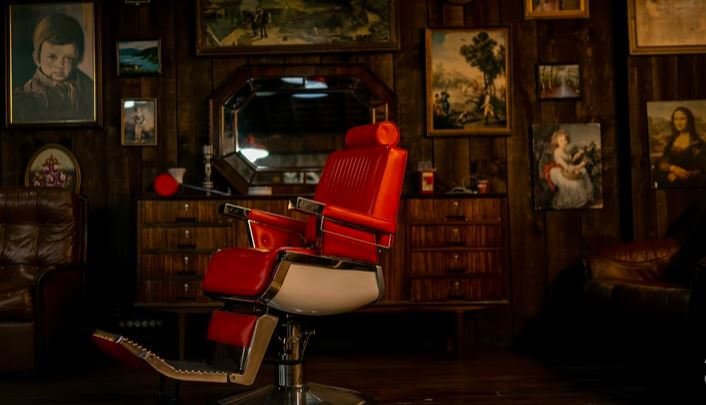
A key factor in how to start a barbershop business in Kenya is its interior.
Call a carpenter to carry out an essential shop fit. This may include:
- Installing cabinets
- Installing mirrors
- Painting the shop
Customers like to get haircuts in smart and comfortable Kinyozi. On average, carpentry labor costs ksh. 1,000 per day and the entire project may take up to 3 days. Therefore you need to have a budget of about ksh. 15,000 to include the materials.
5. Get a Business License for Your Barbershop
You need to have a business license to operate any business in Kenya. You can acquire a business permit from county council offices or county offices. The cost of a business permit varies from county to county, with a single business attracting as little as ksh. 7,000 annually.
If you’re in Nairobi region, you should budget at least ksh. 20,000 for a single business permit. Operating a business without a business permit will constantly conflict with the county council.
6. Purchase Equipment
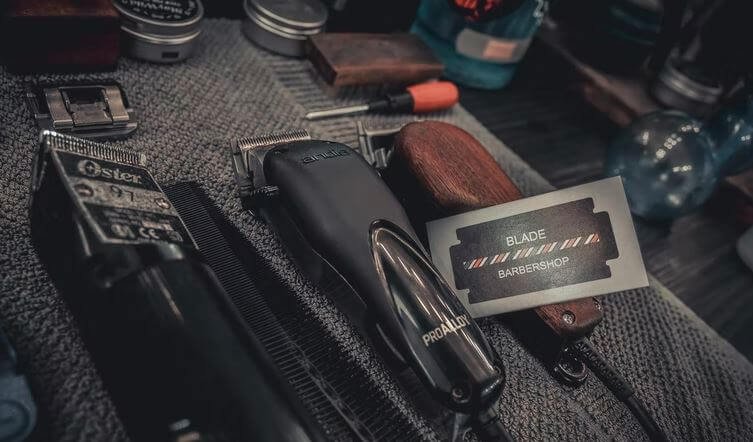
Here is a shopping list that you may use. It’s not a must; you buy all the items at a go. You can forego some and stock up on it as the business grows. For a small barbershop, you will need shears, hairdryers, clippers, razors, sterilizers, towels, hair spray, hairbrush, water heater, aftershave lotion, and mirrors. You will also need a rotating chair to make your work easier when shaving a customer.
The following is the price of the equipment needed:
- Two barber chairs – ksh10,000 each
- 2 clippers- ksh. 3,000 each
- Sterilizer- ksh. 10,000
- Sink seat(locally made)- ksh. 15,000
- Cosmetic products (sprit and aftershave lotion)- ksh. 3,000
- Towels, fabric sheets, apron- ksh. 3,000
- Hairstyle chart-ksh. 300
- Two waiting chairs (plastic chairs)- ksh. 750 each
- Water heating and storage- ksh. 5,000
- Small basins- ksh. 500
- Backup generator- ksh. 5,000
- Entertainment system- ksh. 10,000
7. Pricing
You need to come up with pricing for different hairstyles. The price depends on the location and facilities in the Kinyozi, hairstyle, and after-shave services. For example, you need to determine the price for haircuts, beard shaves, and aftershave services such as massage and cleaning services.
Before starting some services like aftershave, you must know if they are in demand in your location. For example, it’s hard to get people asking for massage services in remote areas. But in urban towns, these services are highly demanded. When determining your barbering price, consider your competitor’s prices and the location of your business.
8. Market Your Barbershop
Once you start operating your shop, it’s good to do some on-ground marketing to create awareness about your barbershop. You can create Facebook pages or WhatsApp groups. You should also have a large sign outside your shop that everyone can see from afar.
9. Build a Clientele
When you first establish a business, you’ll need to build a clientele by providing excellent service and exceptional value for money to your customers. That means treating every client like royalty every time they come to your shop. Good customer services, reliability, good hygiene, and neatness are some of the few qualities you should adopt to woo more loyal clients.
How Much Does It Cost to Start a Barbershop in Kenya?
If you want to start full-scale operations (executive barbershop), you will require a budget of at least ksh. 200, 000. However, you can always start small with ksh50000 by reducing your equipment list and renting out a small room.
Is Barbershop Profitable In Kenya?
Yes, a barbershop is a profitable business in Kenya with a ready market. You can make at least ksh. 25,000 profit in a month if you’re in a decent location and over ksh. 50,000 per month with an upscale barbershop with amenities. The best thing about barbershops is that they never run out of customers, even in tough times.
How much does it cost to start Kinyozi in Kenya?
It costs up to Ksh. 200,000 to start an executive kinyozi in Kenya. However, you can start with Ksh. 50,000 and upscale as you make profit. The amount is used to pay your initial rent, buy equipment, and pay staff.
Bottom Line
A barbershop business is an ideal option for anyone who wishes to run a business in Kenya. It’s a profitable business with a ready market since most people must get a haircut at least once or twice per month.
The starting capital for a small barbershop is relatively low compared to other businesses. Another exciting thing is that you don’t have to be a skilled barber to start a barbershop; you can use your entrepreneurial skills to start and then hire someone to work for you.
We hope you’ll utilize these tips on how to start a barbershop business in Kenya and become successful in the business.
